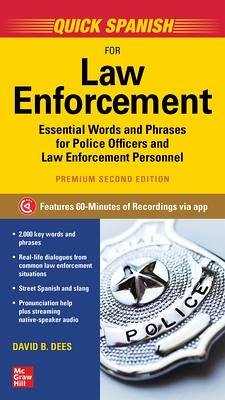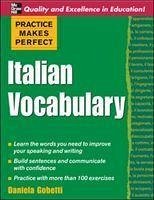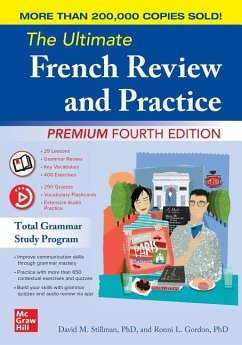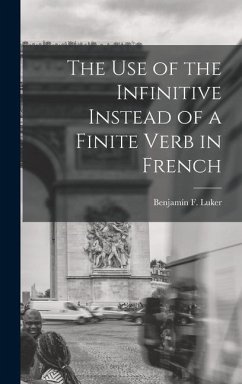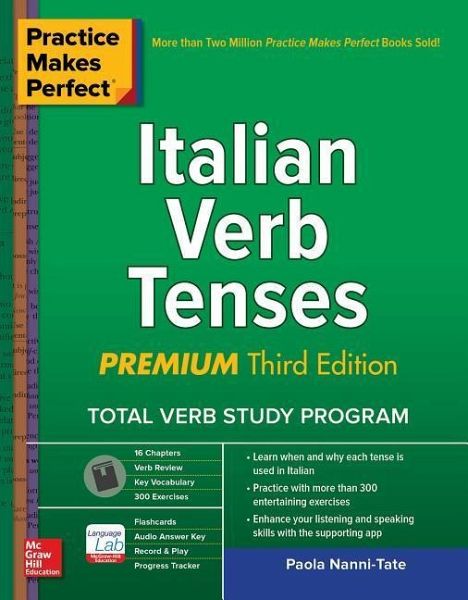
Practice Makes Perfect: Italian Verb Tenses, Premium Third Edition
Versandkostenfrei!
Versandfertig in 2-4 Wochen
22,99 €
inkl. MwSt.

PAYBACK Punkte
11 °P sammeln!
Go beyond conjugation to master Italian verbs and their usage Verbs play a vitally important role in every sentence, and the selection of a particular verb and a specific tense has a great impact on meaning. To help you understand why a certain tense works in a given situation, Practice Makes Perfect: Italian Verb Tenses provides clear, concise explanations, combined with plenty of practice to develop language skills. And this new edition is accompanied by audio recordings, available online and via app, that will build greater confidence in your ability to communicate. Practice Makes Perfect: ...
Go beyond conjugation to master Italian verbs and their usage Verbs play a vitally important role in every sentence, and the selection of a particular verb and a specific tense has a great impact on meaning. To help you understand why a certain tense works in a given situation, Practice Makes Perfect: Italian Verb Tenses provides clear, concise explanations, combined with plenty of practice to develop language skills. And this new edition is accompanied by audio recordings, available online and via app, that will build greater confidence in your ability to communicate. Practice Makes Perfect: Italian Verb Tenses will help you: ¿ Build your verb skills using more than 200 engaging exercises ¿ Learn when and why to use each verb tense in Italian ¿ Reinforce your knowledge with everyday example sentences ¿ Improve your listening and pronunciation skills ¿ Study on-the-go with recordings and review quizzes via app THE BONUS APP THAT ACCOMPANIES THIS BOOK PROVIDES: STREAMING AUDIO of most exercise answers to model your pronunciation after native speakers FLASHCARDS to aid memorization of all vocabulary terms QUIZZES to review your understanding on-the-go AUTO-FILL GLOSSARY for quick reference
Dieser Artikel kann nur an eine deutsche Lieferadresse ausgeliefert werden.



